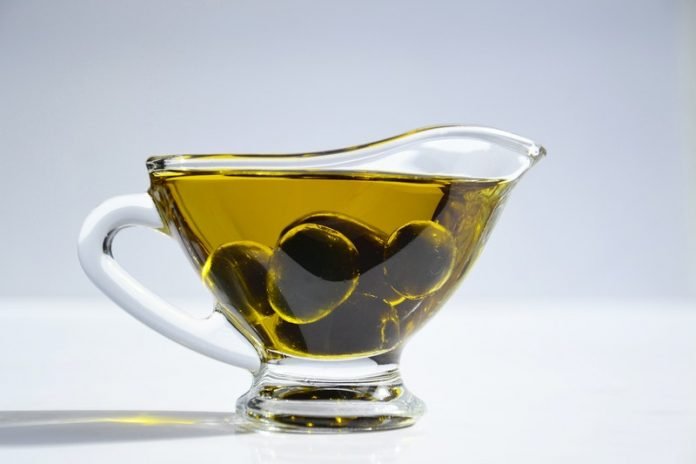
In a new study, researchers found consuming extra virgin olive oil every day can significantly reduce blood pressure, which is a key risk factor for heart disease.
The study involved participants from many cultural backgrounds—showing that Mediterranean heritage is not a factor in benefiting from olive oil consumption.
The research was led by La Trobe University in Australia.
Extra virgin olive oil is rich in a variety of active compounds such as polyphenols, which have proven health benefits thanks to their anti-inflammatory and antioxidant properties.
This popular oil is widely recognized as a nutritious source of dietary fat when paired with traditional, Mediterranean style diets from Greece and Spain.
In the study, the team tested the cardio-protective effects of extra virgin olive oil, produced in Australia, in 50 healthy adults with diverse backgrounds and dietary habits.
They compared the effects of extra virgin olive oil with refined low polyphenol olive oil.
They asked participants to add 60 milliliters—or 4 tablespoons—of either extra virgin or refined olive oil to their daily diets for three weeks.
Following a two-week break where participants could not eat olive oil or olives, they were then asked to consume the alternative oil.
The researchers measured blood pressure after each three-week period.
They found consuming four tablespoons of extra virgin olive oil per day can reduce central and peripheral systolic blood pressure by 2.5 and 2%, respectively.
The team says the refined, low polyphenol olive oil had no strong impacts on blood pressure, but the extra virgin olive oil caused a reduction in central and peripheral systolic blood pressure.
This study confirms the benefits linked to olive oil consumption extend to people without Mediterranean heritage but who have different cultural upbringings, traditions, and food preferences.
Heart disease is the leading cause of death globally. These findings provide evidence for a widely accessible dietary intervention that can reduce heart risk in populations not accustomed to high consumption of extra virgin olive oil.
One author of the study is La Trobe Ph.D. candidate Katerina Sarapis.
The study is published in Nutrients.
Copyright © 2020 Knowridge Science Report. All rights reserved.



